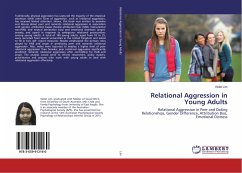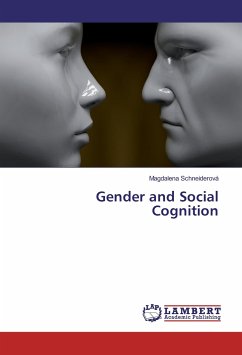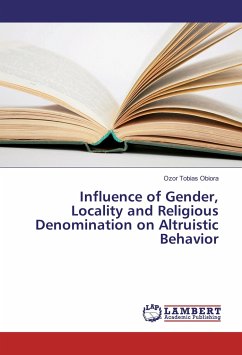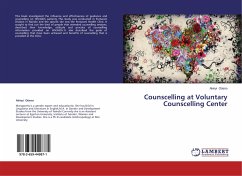Despite the rationalism implicit in contemporary thinking, in many parts of the world like South Africa, belief in witchcraft exists and is a core belief, influencing the world-view of many people. In these contexts, witchcraft is believed to be responsible for every social experience including, illnesses, sickness and death. The witch-figure, imbued with jealousy, is believed to derive power to harm others with witchcraft through supernatural capacity and an association with the Devil. Witchcraft, it seems represents a theory of misfortune guiding the interactions between people and provides explanations, steeped in the supernatural, for almost every misfortune.Extending on the commonly held notion of violence against women, this book explores witchcraft accusations and its violent consequences as an under-represented facet thereof. This follows the fact that historic and contemporary accounts of witchcraft position women as primary suspects and victims. Accused of witchcraft, many women face torture and ultimately death, even today.
Bitte wählen Sie Ihr Anliegen aus.
Rechnungen
Retourenschein anfordern
Bestellstatus
Storno








